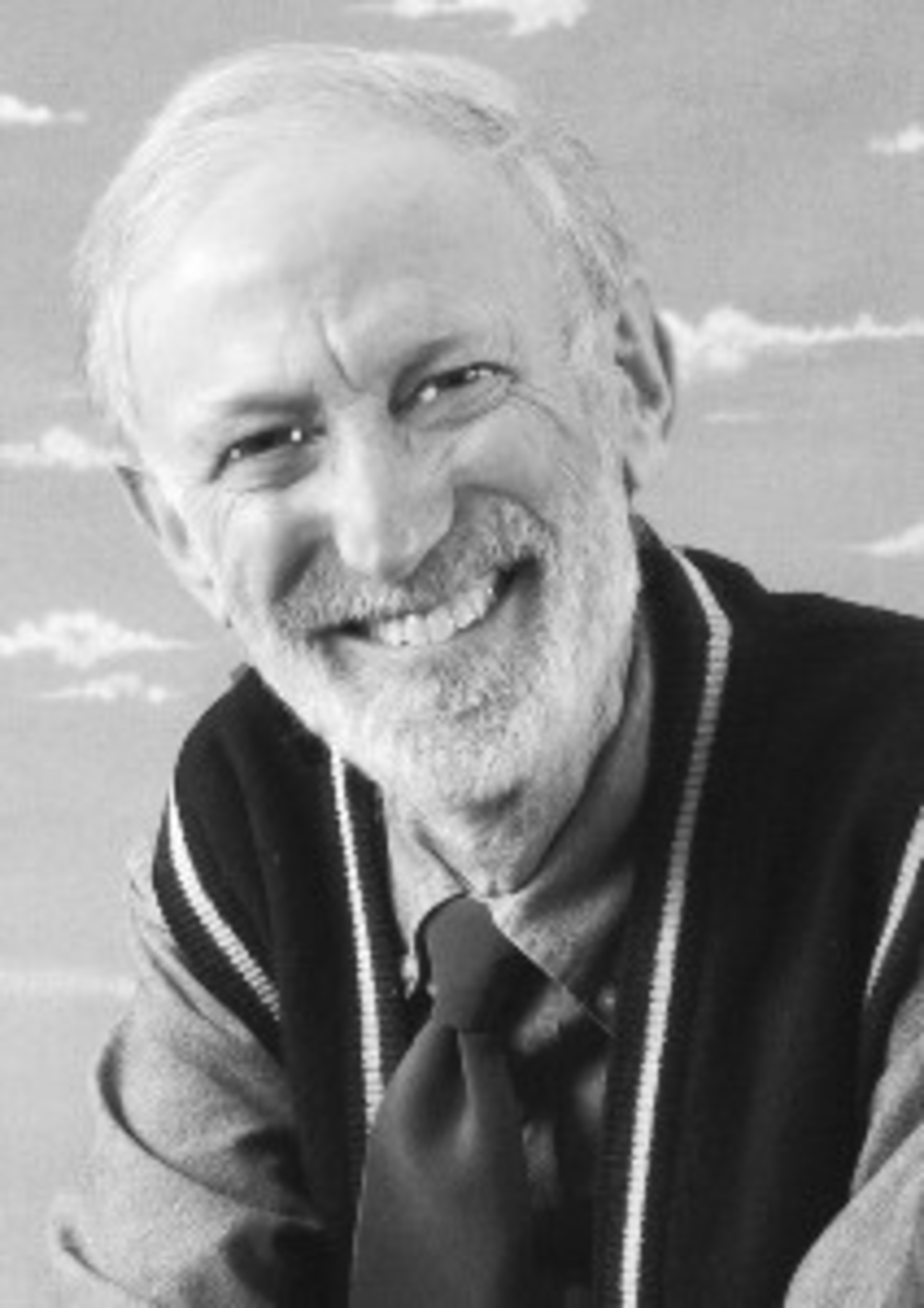A modern-day Pesach story
She used to greet me along the shore between the former Canonchet beach and the Dunes, where the ocean meets the river known as the Narrow, perhaps short for Narragansett.
Of late, she sends me photographs of her friend, my late Aunt Edith.
I invited her to meet me for a coffee conversation, and she chose as our rendezvous locale the Providence cafe called Madrid. Ada set the afternoon hour and courteously phoned me to confirm.
I had read Mark Patinkin’s 2022 interview with his neighbor Ada Winsten, but, as I awaited her arrival on a windy and chilly late-winter day, I had nothing in mind but to reminisce about her friendship with Edith, our common bond.
Soon, our conversation grew to include more.
“I was 5 years old, the daughter of a well-to-do family in Poland, in the lumber business. When the Russians claimed our property, we had no choice, we had to consider moving elsewhere ...,” Ada said.
This was how we started our histories. Then Ada, who has no “foreign” accent, began to list languages and lands through which she had passed while fleeing the Nazis en route to Little Rhody.
“They [her parents] spoke five, six, seven languages, and we dwelt on every continent along the way. Israel and Japan, China and Ukraine. A very long journey by train on the trans-Siberian railroad. When we reached ‘America,’ we had spent fortunes on fake passports and forged papers, bribes and unexpected expenses galore.”
Ada was twice married and twice widowed. She has children and stepchildren, and beloved grandchildren, but also hidden grief and, somewhat like me, a devotion to the small reminders of yesteryears: little liqueur glasses as reminders of the luxuries left behind.
“My son was brilliant and very promising. He won the respect of all his teachers, but when his dad died, he lost his way in this world,” she said.
I tried to come up with something respectful, hopeful, apt, to say in response: “Perhaps he is seeking the spirit of his father, to guide him.”
I told Ada how I email my last-born, my son, every day, with a message that may amuse him ... and how he actually grades me. If I make him laugh, he gives me an “A,” but if I only tell him dull details about my day, he responds with a “C.”
The café where we met, like most these days, is anything but quiet. Maybe the acoustics fail to encourage intimate and literate social connections, on purpose or not.
Anyway, I pledged and promised, most sincerely, that we would meet again, and before we departed, she gave me a photo of my Aunt Edith as a souvenir of our hour together. And she gave me this advice: “The worst thing you can do if a person confides in you is to offer a solution to his/her problem. Just listen!”
If I have the privilege and pleasure of finding Ada on that gentle mile hike among the plovers, terns and even horseshoe crabs along the lonely migrant wildlife shoreline in South County, I will listen raptly to another chapter in my search for more of her story and history. She represents to me the quest of Pesach; for freedom, fulfillment, restoration and remembrance.
MIKE FINK (mfink33@aol.com) is a professor emeritus at the Rhode Island School of Design.








